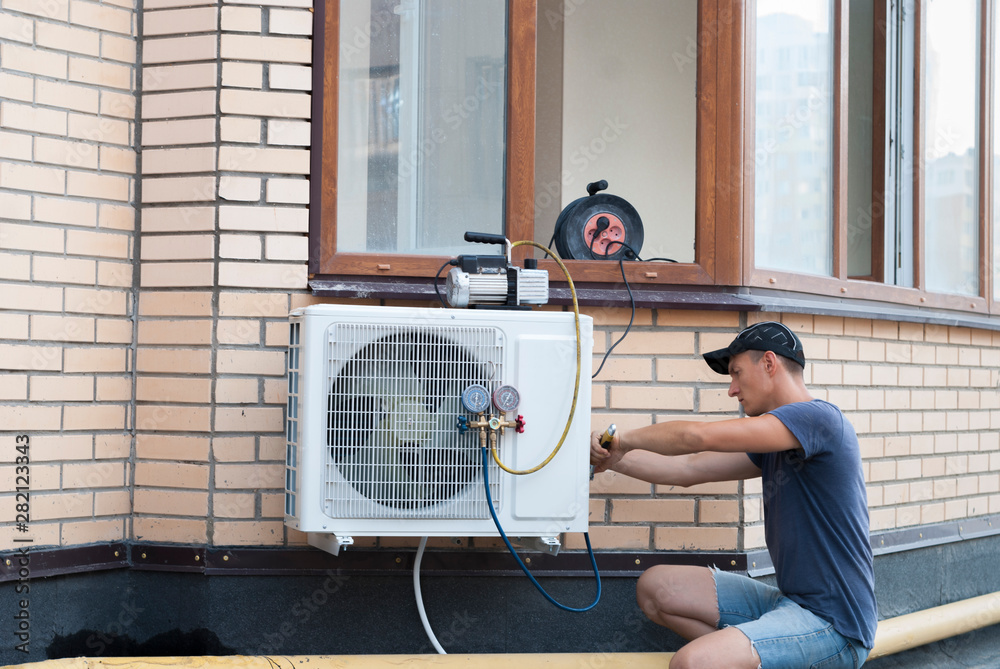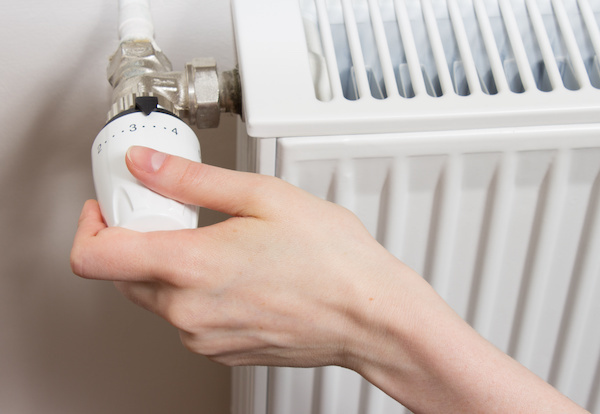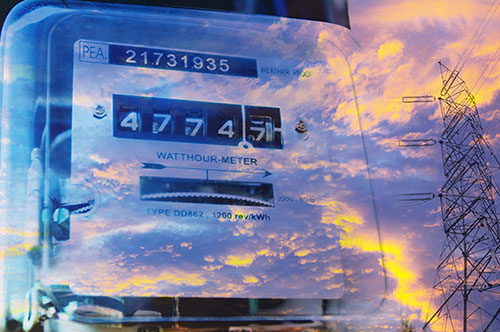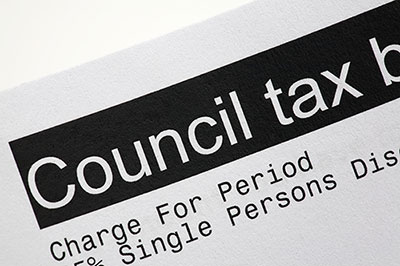Energy
Impact of Heat Pump Costs on Uptake: A Discrete Choice Experiment
2025
PARTNERS
Department for Energy Security Nnd Net Zero (DESNZ)
Share
The Behaviouralist was commissioned by the Department for Energy Security and Net Zero (DESNZ) to assess households’ willingness to pay for air-source heat pumps (ASHPs). The study informs subsidy levels for the Boiler Upgrade Scheme (BUS) by modelling demand across price scenarios, financing options, and household characteristics.
Understanding the barriers to heat pump adoption
The UK government is committed to reaching net zero by 2050, and decarbonising home heating is a critical priority for achieving this. While air-source heat pumps (ASHPs) are expected to make up a substantial share of retrofit low-carbon heating installations, so far, uptake has been slow due in part to high upfront costs, uncertainty around running costs, and low familiarity with the technology. Support such as the Boiler Upgrade Scheme (BUS) and VAT relief has reduced some cost barriers. Still, evidence on how cost and policy levers affect demand remains limited, particularly when examining variation across consumer segments (e.g., urban/rural, high/low energy consumption).
Recruiting a representative sample to understand household behaviour
We recruited 6,086 owner-occupiers in Great Britain using a push-to-web approach, which involved sending postal invitations to a representative sample of UK households using the Postcode Address File and Energy Performance Certificate (EPC) database. Unlike conventional online survey panels, this method reached a broader section of the population, reducing sampling bias and producing more reliable and representative results.
Experiment One: A realistic and personalised discrete choice experiment
To measure willingness to pay for ASHPs, we designed a discrete choice experiment (DCE) where participants chose between carefully constructed heating system options. This method allowed us to estimate how households valued different factors (upfront costs, running costs, financing options) and to model demand curves for heat pumps under different price scenarios.
Traditional DCEs often rely on purely hypothetical scenarios, risking participants not behaving as they would in real life, limiting the reliability of the findings. Our experiment was specifically designed to address this limitation by making the choices as realistic and personally relevant as possible. We achieved this by:
- Creating a familiar and realistic process: The online tool resembled a heat pump comparison website, making the decision-making process feel realistic.
- Tailoring to each household: We collected data on each participant’s property type, grid status, and typical household energy consumption, then customised the heat pump upfront and running costs so that the choices reflected their actual circumstances.
- Measuring confidence in decisions: We assessed participants’ confidence in making this choice in real life, providing a quantitative indication of the reliability of their responses. The degree of confidence was factored into the analysis.
This innovative approach provided more reliable insights, enabling DESNZ to compare demand curves across segments such as urban versus rural, on- versus off-grid, and high versus low energy users.
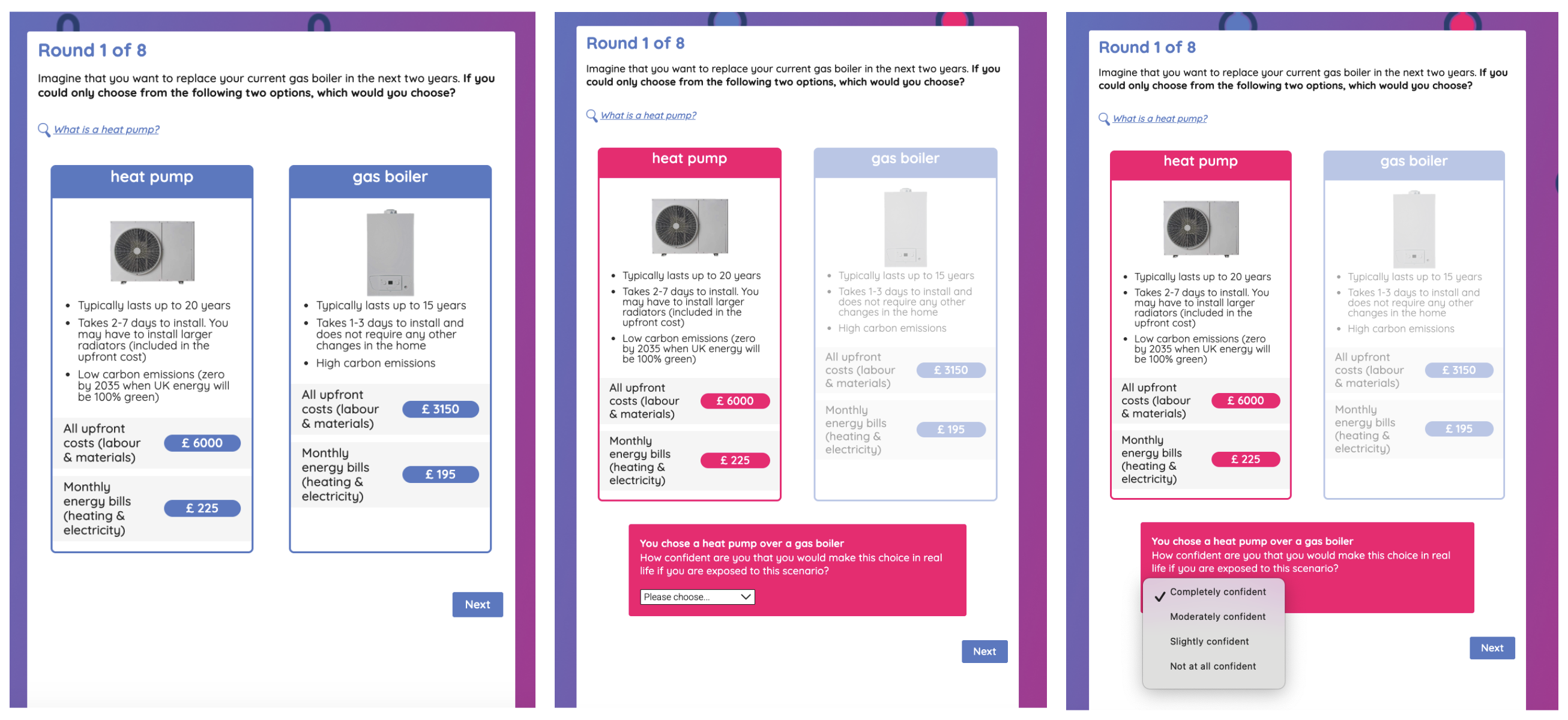
An example of a round of the DCE for a participant with a gas boiler
Key findings from the DCE included:
- Upfront costs: For both on- and off-grid households, demand increases as upfront costs decrease, with greater marginal impact at lower cost levels.
- Running costs: Reductions in running costs have a stronger effect when they are higher than fossil fuel heating costs, compared to when they are already equal to or lower than such costs.
- Upfront versus running costs: Upfront costs were 7-16 times more important than running costs in influencing ASHP demand.
- Positive interaction: For on-grid participants, running costs matter more when upfront costs are lower. Additionally, higher current running costs (for an existing boiler) increased ASHP demand.
- Subpopulation patterns: Those under 65 years old, wealthier, more climate-concerned, more concerned about the cost of their monthly bills, and already planning energy efficiency improvements were more likely to choose ASHPs. Off-grid households showed higher uptake, though the impact of changing costs did not vary by consumer type.
- Financing options: The most effective incentive was reduced mortgage interest rates (54%), followed by off-peak discounted energy tariff rates (33%).
Experiment Two: Testing policy levers with a randomised controlled trial
We also ran a randomised controlled trial to test whether providing policy information or planning prompts could increase heat pump demand.
The results showed that policy information had a clear and measurable effect on demand. When participants were told about a potential phase-out of fossil fuel boilers, their likelihood of adopting a heat pump increased by 2.9 percentage points, equivalent to a 15% relative increase. In contrast, prompts encouraging participants to plan ahead for boiler replacement had no significant effect, suggesting that clear policy signals are a stronger lever than behavioural nudges in shifting household intentions.
Designing realistic choice experiments to improve the reliability of heat pump demand estimates
Reducing upfront costs is the most powerful lever to increase heat pump demand, with running cost support and financing options, such as reduced mortgage rates, providing additional benefits. Our tailored DCE design overcame common limitations of hypothetical choice studies by matching options to real household characteristics, while the push-to-web recruitment approach delivered a more representative sample than conventional online panels. Together, this methodology generated robust evidence for DESNZ on the most effective interventions to increase heat pump adoption. Going forward, the findings can be used to model heat pump adoption in the UK as prices change, and as the characteristics of the homeowning population shift. This could serve to develop targeted policies that effectively support these households to adopt heat pumps.
Our report will be published by DESNZ soon, and we will add a link here when it is available.


